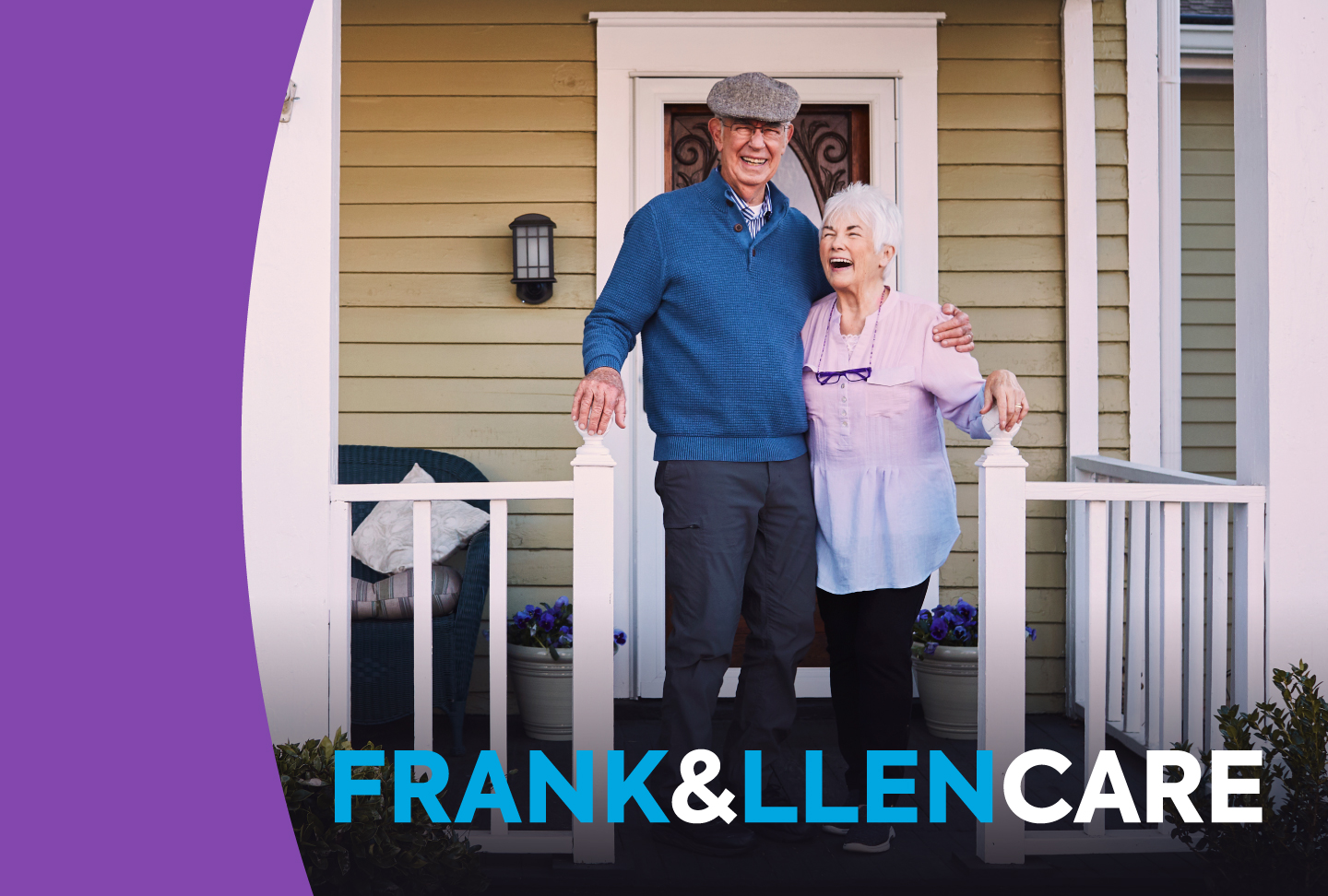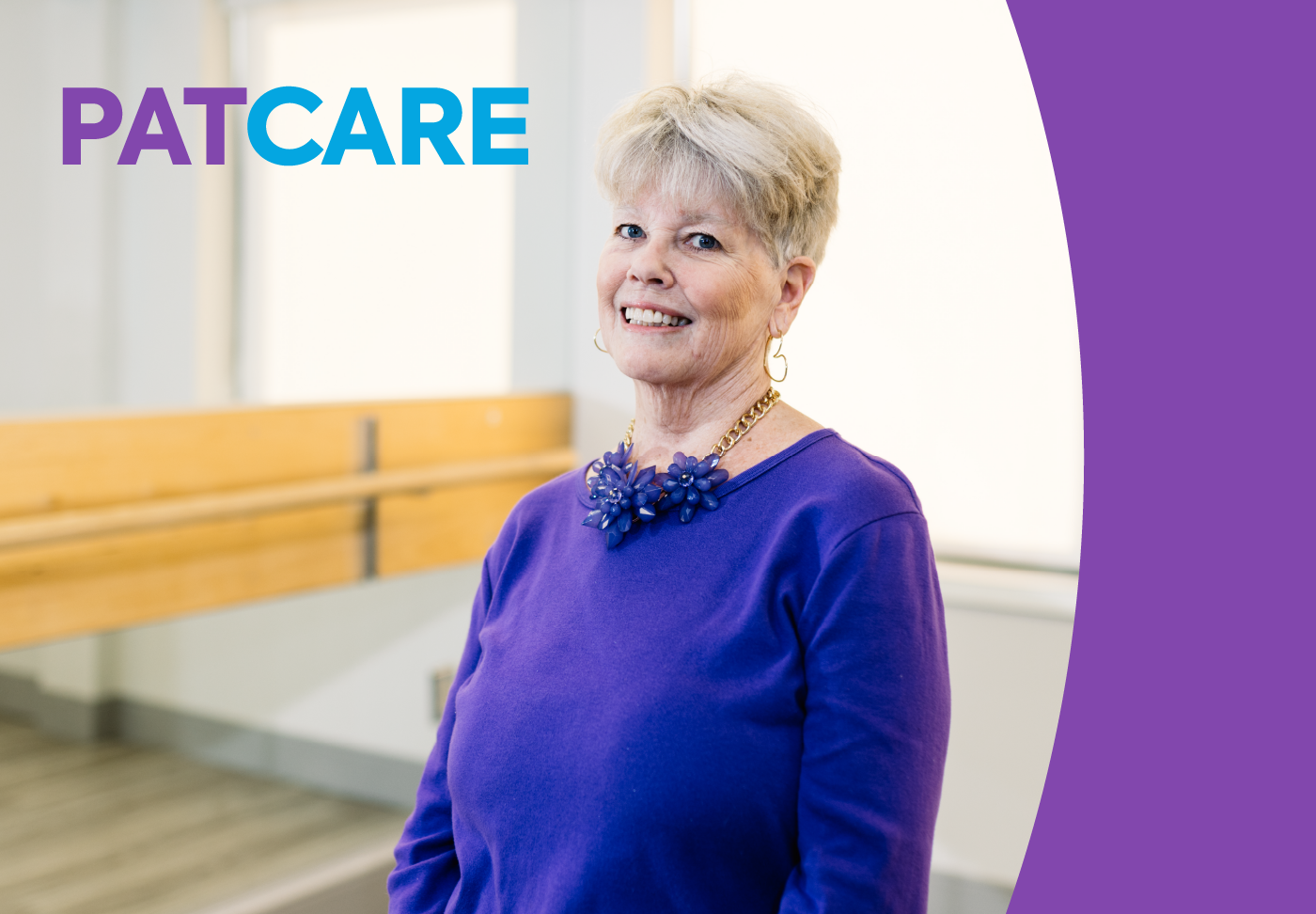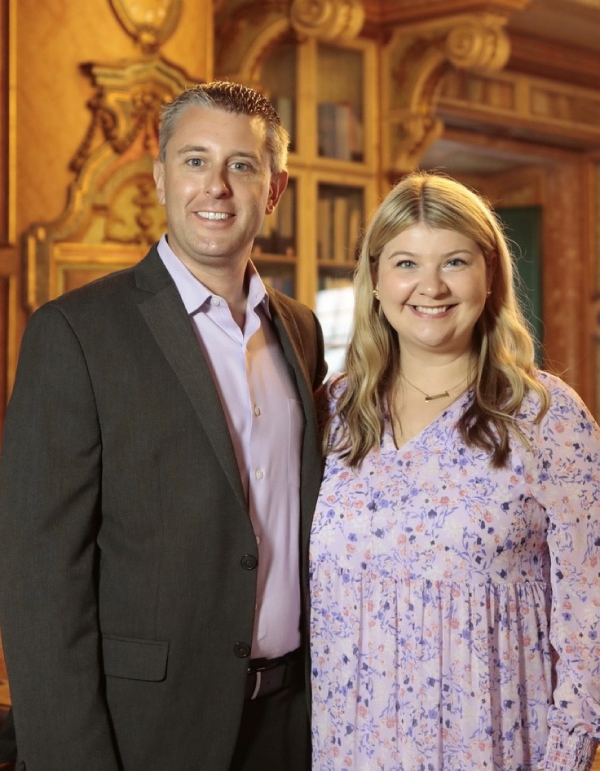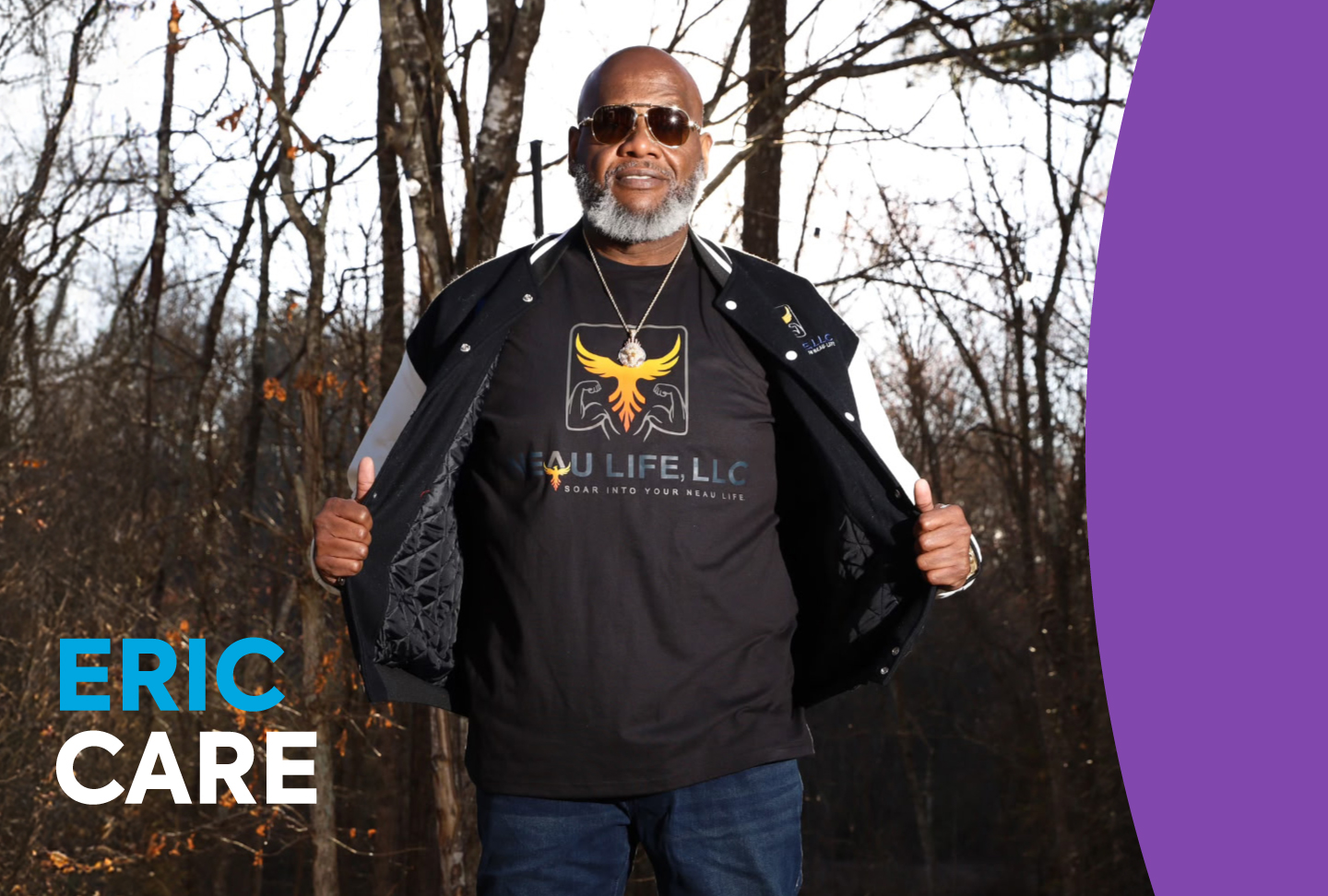Not one health journey is the same. That's because people—their health, their bodies, their stories—are all different.
At Wellstar, we know the most important factor in every health decision—you. That’s why we provide personalized care for everyone, whether that’s discussing with your primary care provider daily changes you can make to improve your wellness, navigating a difficult diagnosis with an effective treatment plan or emergency surgery to save your life.
We're here for everyone; for Frank and Llen Ryan, who have received comprehensive, multi-specialty care through all the ups and downs so they can live longer and stronger.
We're here alongside Johnny "Bow" Matthews, who improved his health through diet and exercise after having a heart attack, and for his wife Deidra who delivered two healthy babies. We lead the charge for a two-time heart attack survivor Brett Faucett and his whole family.
Wellstar is more than healthcare
Published on February 03, 2020
Last updated 05:02 PM September 14, 2020

I was working out at Health Place when my heart monitor became sporadic. I got frightened, and called Dr. Simonoff.
- Frank Ryan
AFib, Cancer and Parkinson's Survivor
Real People. Real Stories.
Wellstar is 23,000+ team members strong, has 11 hospitals, over 250 medical offices, 15 urgent care centers and 5 health parks, each housing comprehensive primary care and specialty services. That’s a lot of numbers… but we are one health system dedicated to caring for you.
At Wellstar, your journey to better health matters. You’re not a number. You’re not a diagnosis. And at Wellstar, we would never treat you that way.
Wellstar is more than healthcare. It's PeopleCare.




